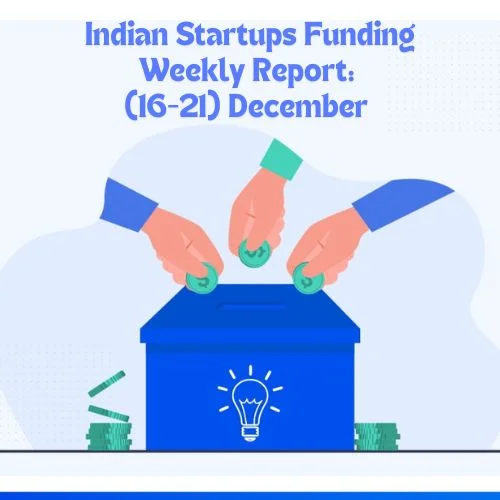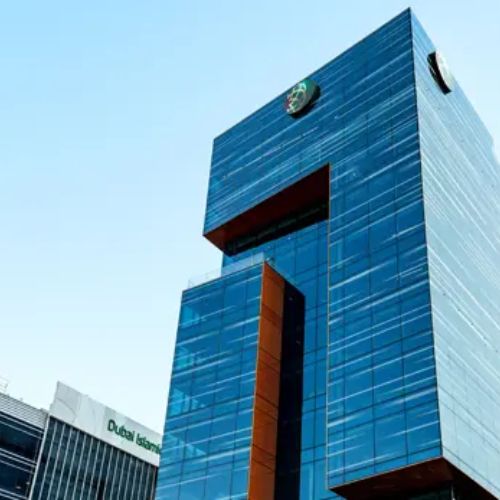This week, the BSE Small-cap index finished flat, while the Large-cap and Mid-cap indexes both dropped more than a percent. Experts believe that global news flows and initiatives made by national governments to address their economies would influence domestic markets.
The losing trend continued, with the Sensex and Nifty both dropping more than 1% in a tumultuous week ending December 16 despite rate rises by several big nations, sustained selling by foreign investors, and lower inflation print in India.
The BSE small-cap Sensex down 843.86 points, or 1.35 percent, to 61,337.81, while the Nifty50 fell 227.6 points, or 1.23 percent, to 18,269 levels. So far in December, both indexes have lost approximately 3%.
Among sectors, the Nifty Media index lost 2.2 percent, the Nifty FMCG index declined 1.8 percent, the Nifty Realty index fell 1.7 percent, and the Nifty Information Technologies index fell 1.6 percent. However, the Nifty PSU Bank index rose 0.8 percent.
“Volatility in the market this week was dictated by the release of favorable inflation numbers, which were offset by major global central banks’ aggressive decisions. The US CPI inflation eased to 7.1 percent in November, while India’s retail inflation eased sharply to 5.88 percent, which was within the RBI’s tolerance band. However, the Fed startled the market by maintaining its hawkish tone, as investors were expecting a softer approach after the release of better-than-expected inflation numbers,” said Vinod Nair, Head of Research at Geojit Financial services.
After the US Federal Reserve hiked interest rates by 50 basis points (bps), the Bank of England (BOE) and the European Central Bank (ECB) maintained their hawkish stance on inflation.
“IT equities were pulled down in the home market as recession worries grew in overseas countries. In the coming week, the domestic market will follow its global counterparts due to a lack of key triggers “Nair said.
In the previous week, foreign institutional investors (FIIs) sold shares worth Rs 1,832.91 crore, while domestic institutional investors (DIIs) acquired equities worth Rs 3,462.22 crore. So far in December, FIIs have sold shares worth Rs 7,490.05 crore while DIIs have purchased equities worth Rs 10,551.62 crore.
“Global equity markets witnessed a spike in volatility as global central banks reiterated their intent to keep policy rates high for an extended period to quell elevated inflation in their respective economies,” said Shrikant Chouhan, Head of Equity Research (Retail) at Kotak Securities.
Domestic markets, he believes, may be controlled by global news flows and measures taken by national governments to address their economies. In terms of the economy, November CPI inflation fell substantially to 5.88 percent from 6.77 percent in October, owing to a large sequential decline in food prices, while core inflation remained stable at 6.3 percent. IIP fell drastically by 4% in October, following a 3.5 percent increase in September.
The Federal Reserve increased the benchmark interest rate in the United States by 50 basis points to a target range of 4.25 percent to 4.5 percent, the highest level in 15 years. It stated it will raise rates to 5.1 percent by 2023, a higher level than originally anticipated.















